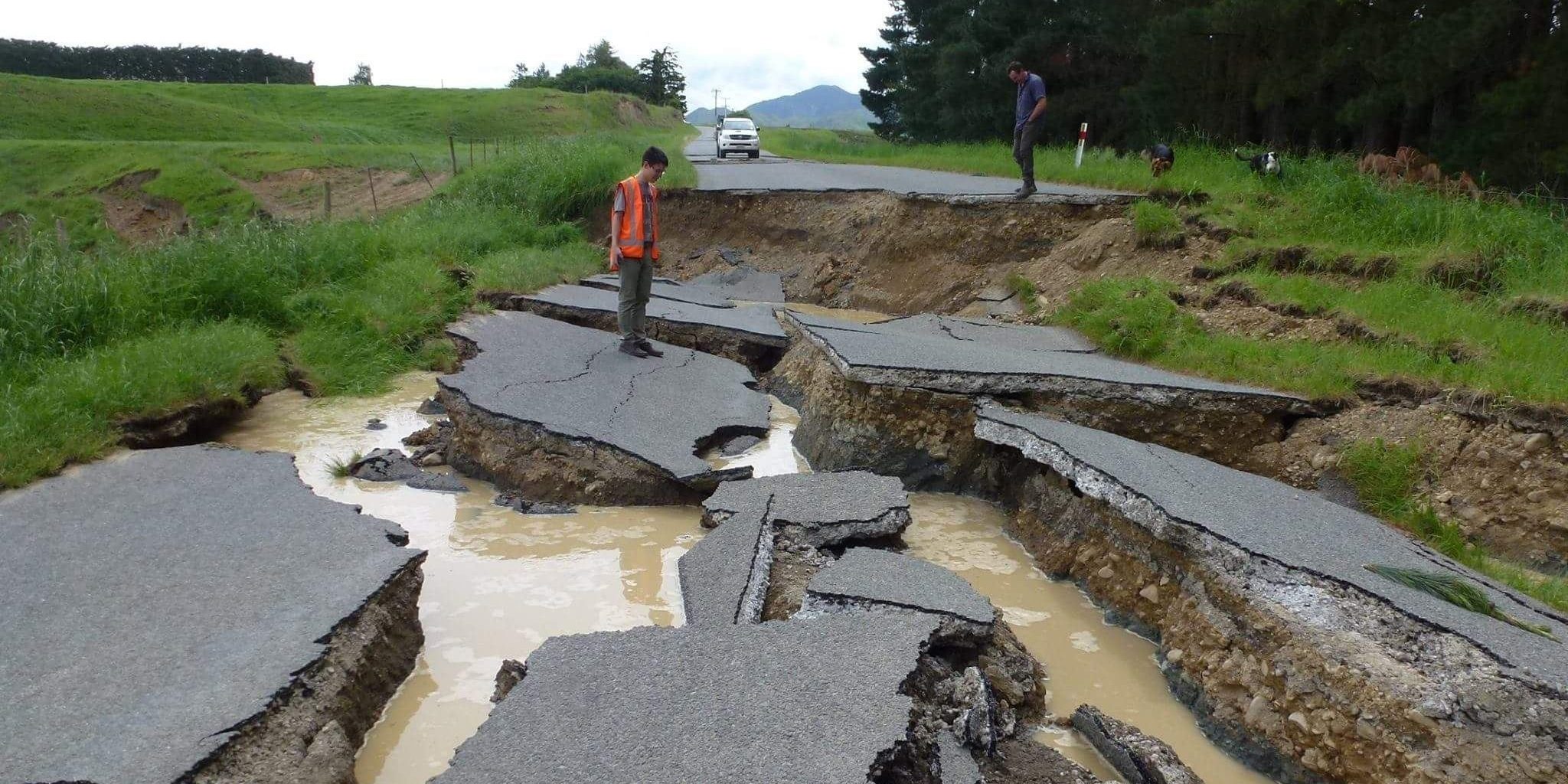New Zealand was hit by a 7.8 magnitude earthquake in Kaikoura in November 2016, and the government has expressed thanks to IRDR and CODATA for their timely and free provision of satellite data that helped with damage and loss estimation following the disaster.

Damage and loss estimation is often difficult in the hours and days after a natural disaster as data and information are not available. During the Kaikoura earthquake, the Disaster Loss DATA project of IRDR and CODATA task group Linked Open Data for Global Disaster Risk Research (LODGD) worked together with environmental and engineering consulancy Tonkin +Taylor in New Zealand to provide TripleSat satellite images of the affected Hurunui District.
The New Zealand Minister of Civil Defence, Gerry Brownlee, wrote in February to Professor Li Guoqing of the CODATA task group, saying: “In the immediate aftermath of natural disasters, accurate information on the nature and extent of damage is critically important for the efficient use of scarce resources. The New Zealand Government is very appreciative of the assistance that you and your organization provided in our time of need.”
Tonkin + Taylor supported geo-spatial information for the Earthquake Commission (EQC) in New Zealand on the damage caused by the earthquake. This information was made available through a web-based viewer to all government agencies, response and recovery agencies, engineers and researchers to access the damage information, thereby informing first response and mitigation measures. The Kaikoura GIS Viewer was also accessed internationally by interested parties.
The satellite imagery, accessed through China GEOSS and AO GEOSS portal, was placed on the internet based Project Orbit portal. This information includes imagery taken from helicopters, aircraft and satellites and field database. The earthquake, which occurred after midnight on 14 November 2016, caused major damage and disruption to the main transport network in the Upper South Island, and the information was used for recovery planning purposes. Furthermore, the Orbit data was used to identify more than 10,000 landslips after the earthquakes, and was vital to formulating engineering solutions for reconstruction efforts in Kaikoura.